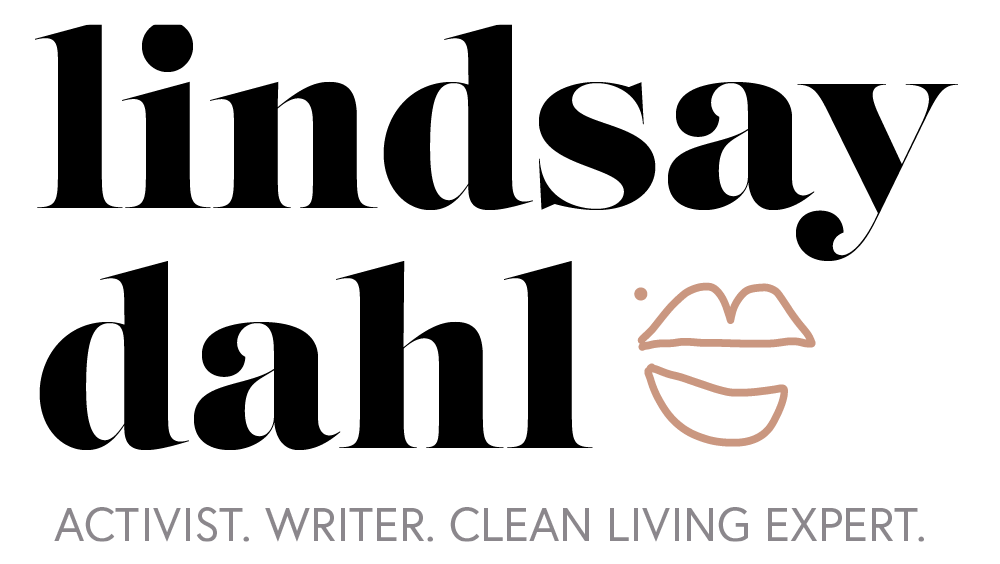So you want personal care and beauty products that aren’t toxic and are good for the environment, right? For many people this means they draw from their experience in the food industry and they set out to find “organic” beauty products. I want to break down the pros and cons of this approach and dive into what organic really means when it comes to the products we put on our skin.
Organic labels mean different things for food and skin care products
The USDA Organic label is definitely something you want to look out for when shopping for food. I have a link to the top 14 fruits and vegetables that you should always try to find organic depending on our budget and access to such foods. But when it comes to personal care products it’s a bit more complicated, due to the types of products (think about an apple vs. a formulated skin cream) and the regulations around the term and use of the label.
You can read more about how “food rules” don’t apply to personal care products HERE.
The FDA does not currently define or enforce the term “organic” used in personal care & beauty products
According to the FDA, “USDA has no authority over the production and labeling of cosmetics, body care products, and personal care products that are not made up of agricultural ingredients, or do not make any claims to meeting USDA organic standards.”
Companies can use the term “organic” on their marketing claims/product labeling even if the ingredients are only 70 percent organic. Even worse, some companies use organic marketing terms or product names but still use ingredients that are not organic and are known to cause harm. For example, there may be parabens, a class of preservatives you want to avoid, thereby making the “organic” beauty product not safe.
Organic ingredients are often called out on the ingredient list
So you understand the basics of how organic isn’t regulated in beauty products, but you still want to support organically derived ingredients wherever possible, I get it! The best way to look for this is to look at the ingredient list on the packaging or online. Companies should indicate, usually with an asterisk, which specific ingredients are certified organic.
At the end of the day, organic ingredients whether in your food or beauty products are great, they mean less harm to the environment, water, and workers. But know that simply looking for “organic” beauty products doesn’t automatically mean they are indeed organic, or safe.
I hope this helps as you navigate the clean beauty industry!
Join my mailing list and never miss a post.




Is there a link to the 1938 law on your website? I am looking for it, but haven’t found it?
Here you go: https://www.fda.gov/RegulatoryInformation/LawsEnforcedbyFDA/FederalFoodDrugandCosmeticActFDCAct/default.htm It’s also linked in the blog post titled “What do our 1938 cosmetic regulations actually say”?